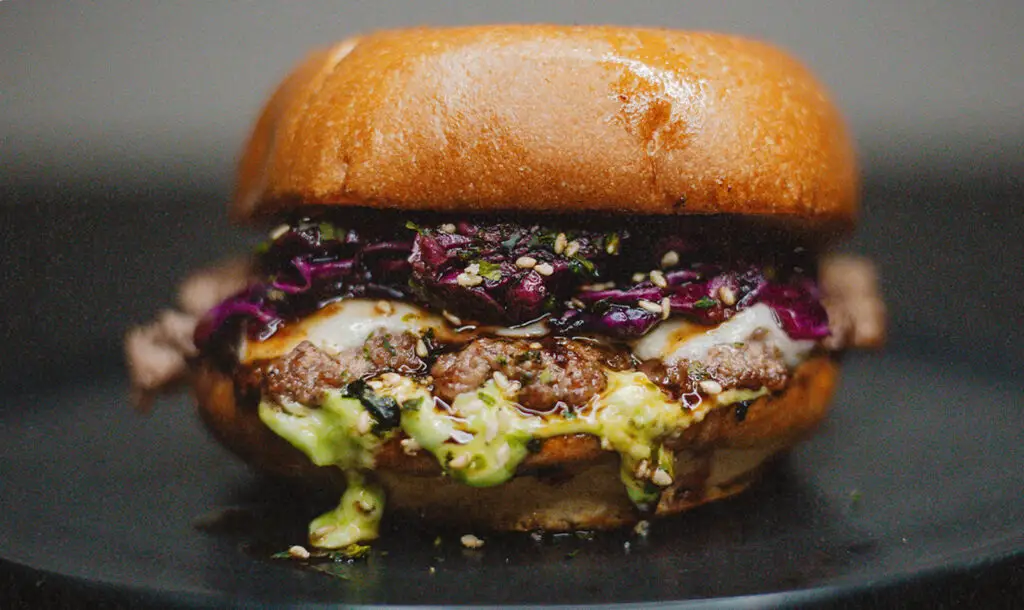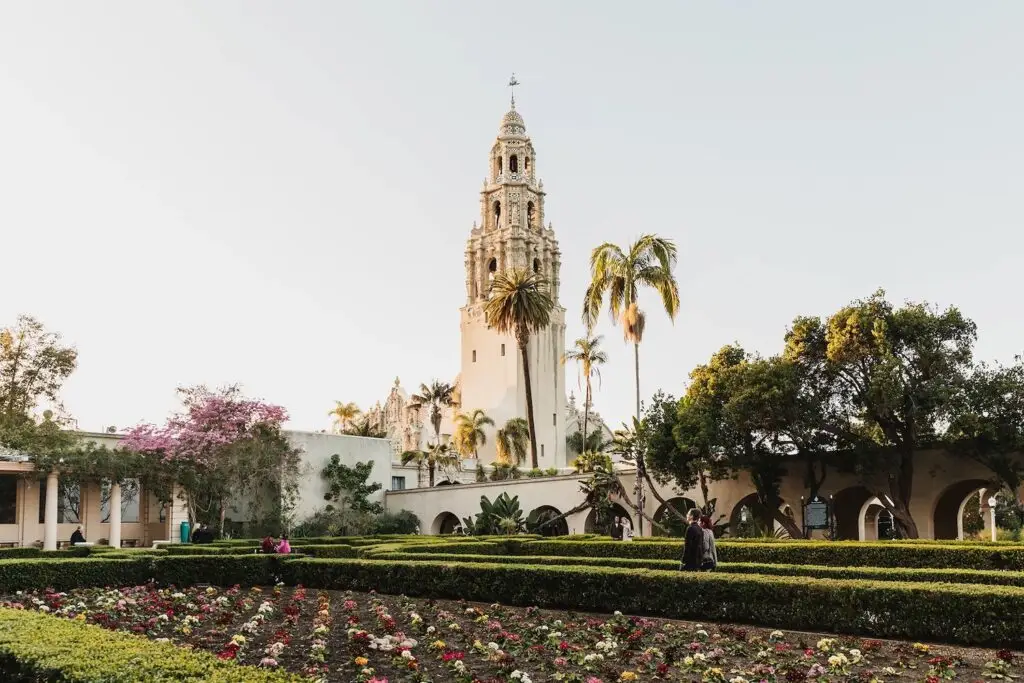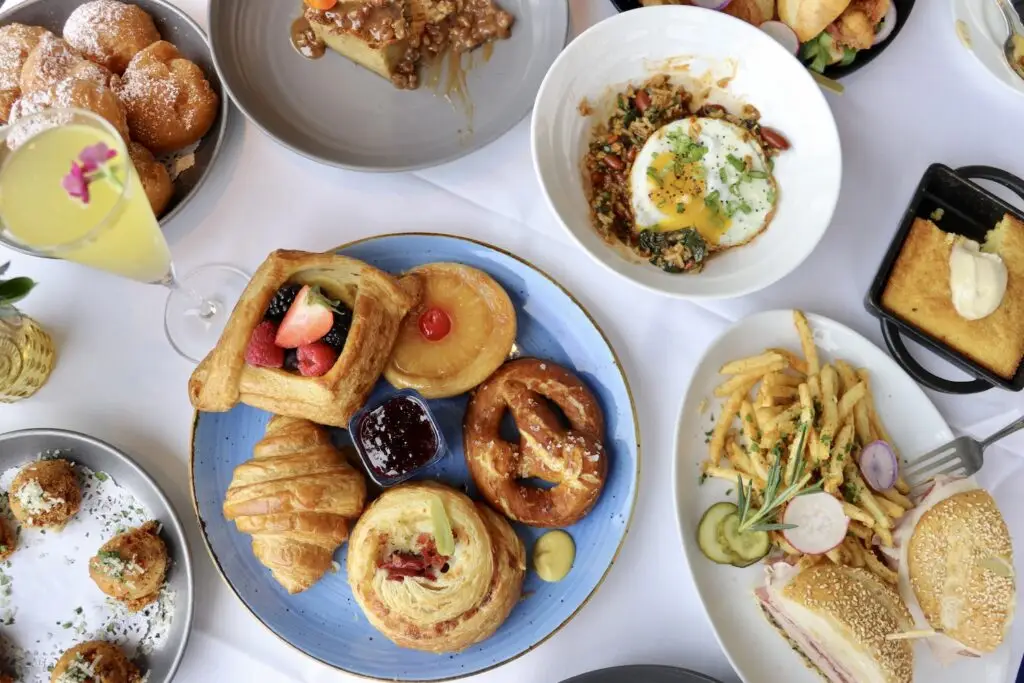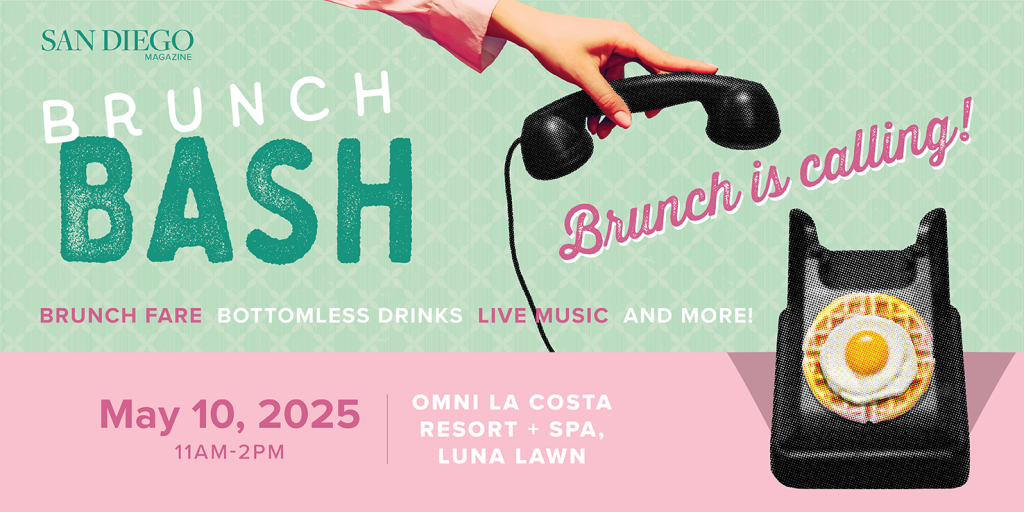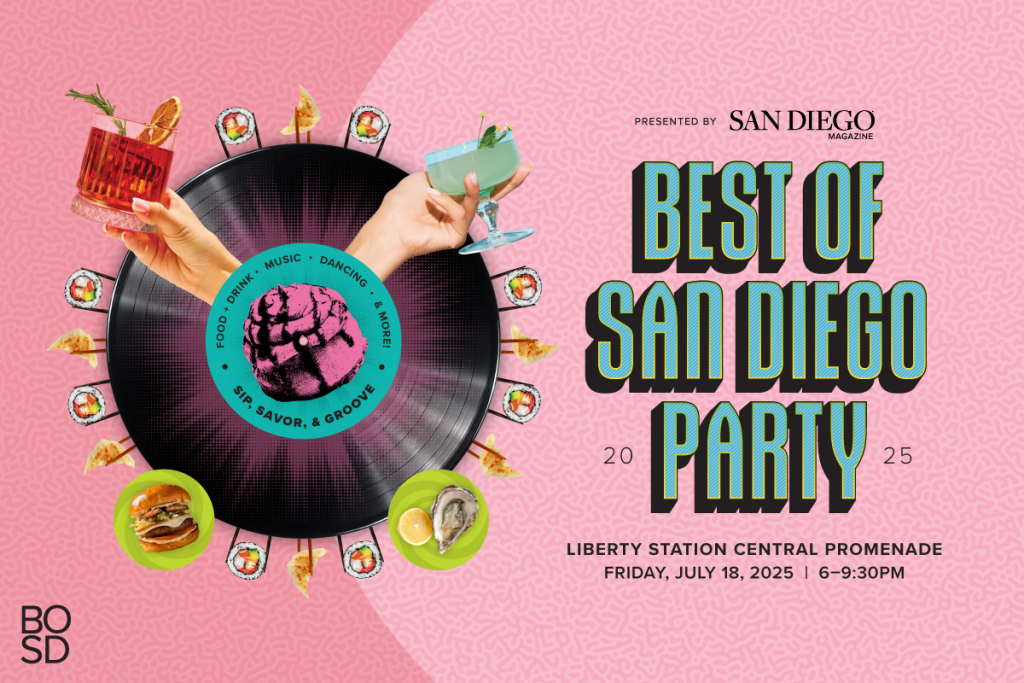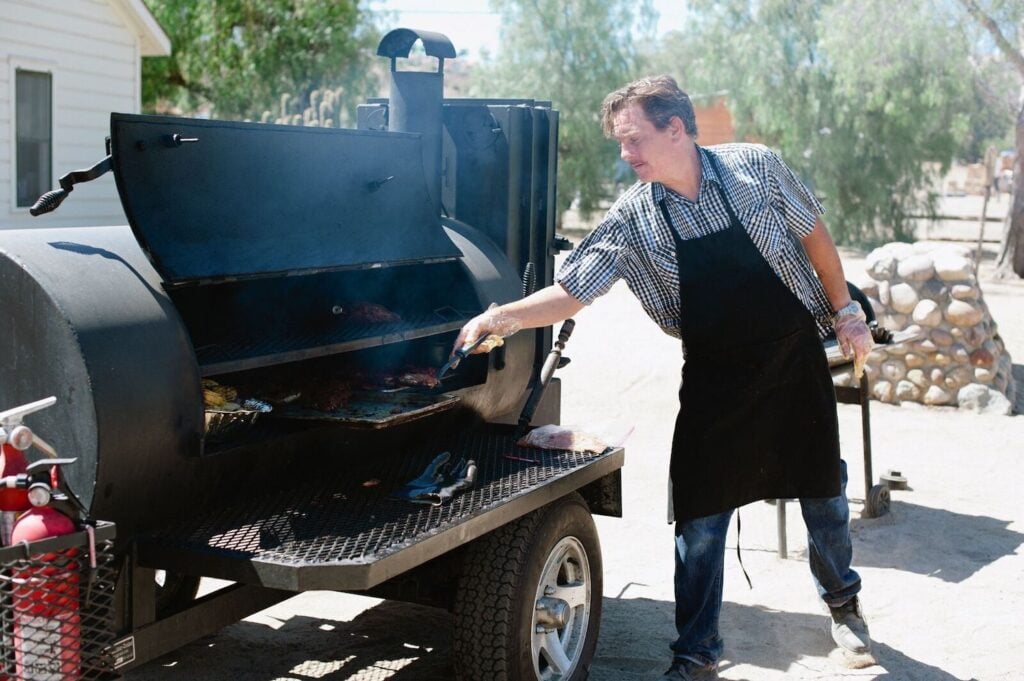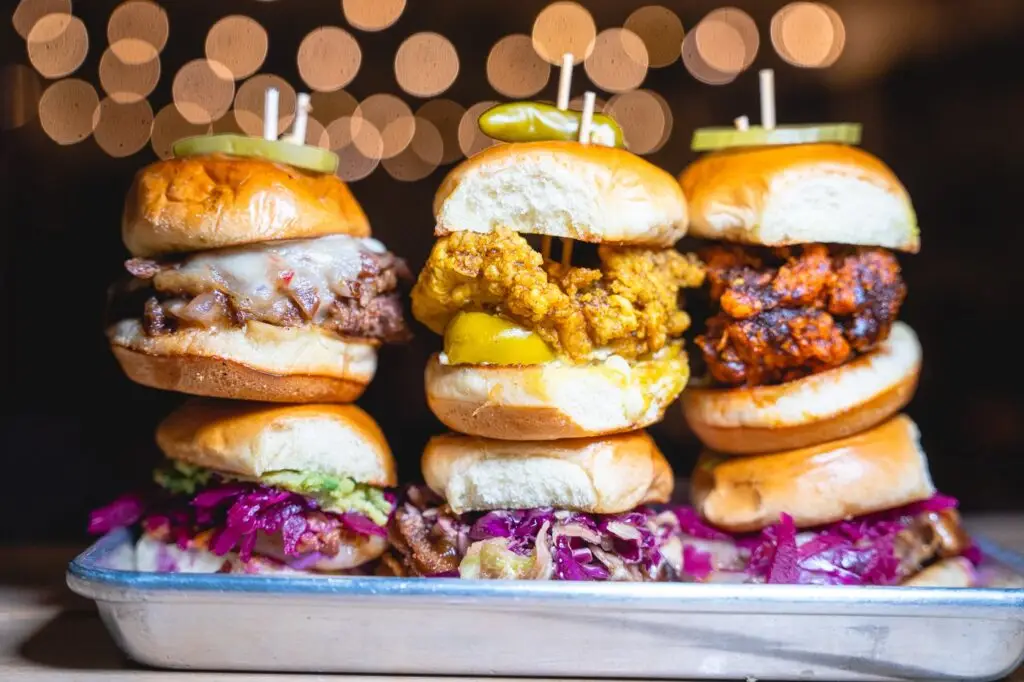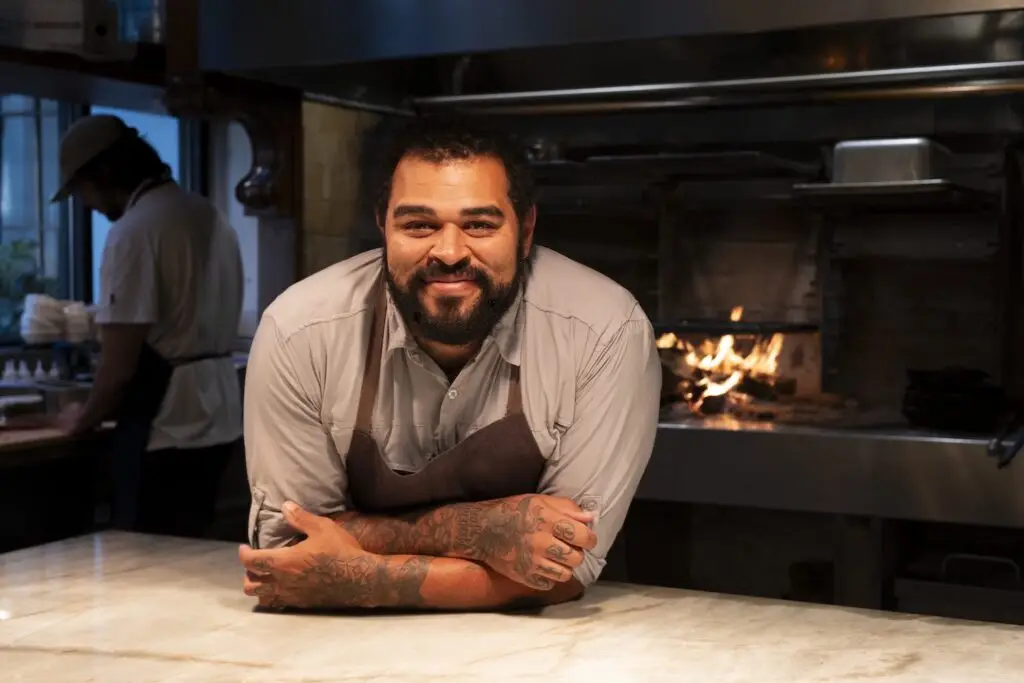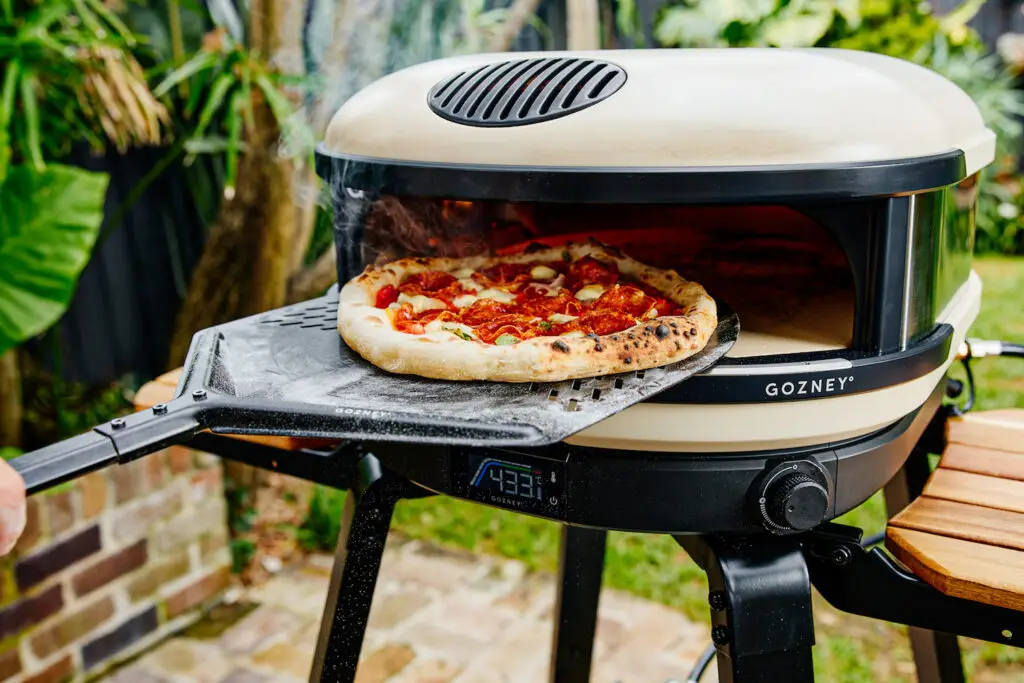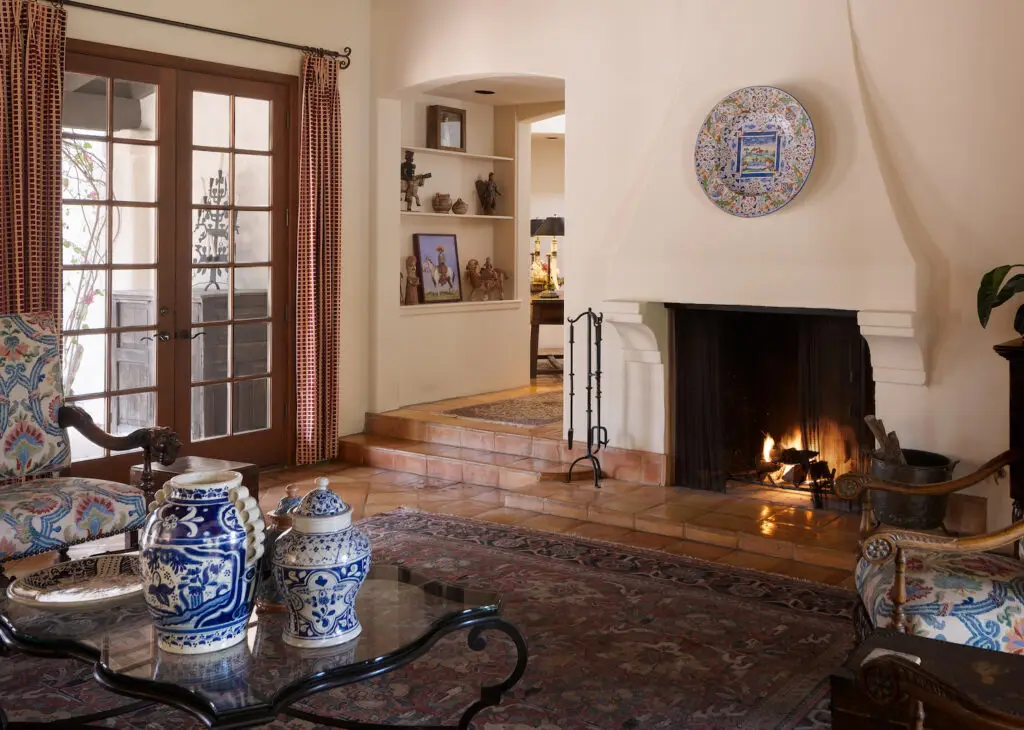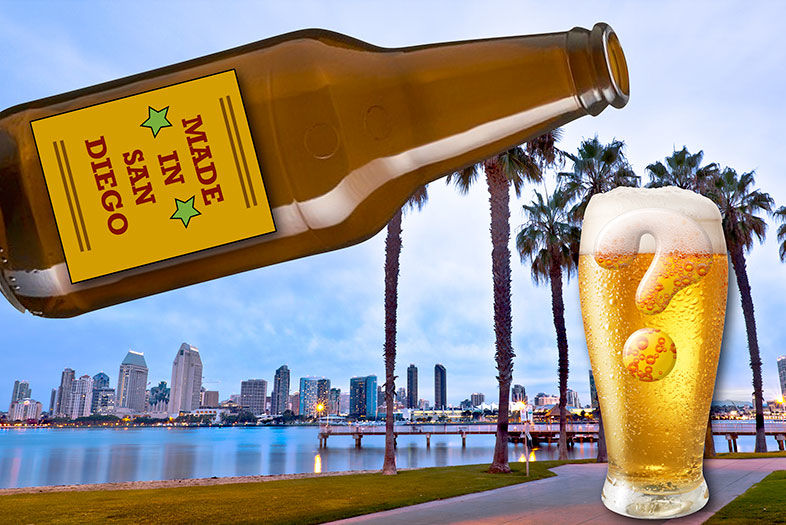We’re victims of our own success. For years, we’ve all been shouting from the rooftops about how great San Diego beer is. We tout our many awards, we revel in our unique brewing styles, and we extol the unparalleled deliciousness of our hoppy ales, our estery Belgians, and our roasty stouts. Our elected officials brag about it, our tourism agencies promote it, and media from all over the world cover it. With all that success, it’s no wonder that “Big Beer” now has San Diego in its crosshairs.
Everyone knew it was coming sooner or later, but few imagined it would happen this way. Sure, in the past decade we’ve witnessed our own brand of the California Beer Rush, but up until recently, it felt like most people who were “jumping in” had some connection to the local brewing community. They were home brewers, husband-and-wife teams, former bio-techies and engineers who wanted to devote their days to doing something they loved. But not anymore. Now, it seems the playing field has changed and the San Diego beer game has officially opened to any and all comers—including huge corporations with silos full of cash and a hankering to buy some of that now-famous “San Diego cool” for themselves.
The crack in the dam occurred in September of last year, when St. Archer announced it was about to be the first San Diego brewery to be acquired by a large corporation. MillerCoors purchased St. Archer for $87 million, thrusting the brewing community headlong into a whirlwind of recriminations, disbelief, outrage, and betrayal. And then something even bigger happened. In November, Constellation Brands announced its acquisition of Ballast Point for $1 billion. Rumors had already been floating that Ballast was planning to go public, but the announcement of a full-on acquisition (and for that price!) was a major shocker. And this one was even tougher for San Diegans to swallow. St. Archer, which had clearly been created as a marketing venture from the very beginning (mostly by folks from L.A.), never really felt as if it was part of the “fabric” of San Diego brewing. Ballast Point, on the other hand, was completely the opposite. Here was a company that started twenty years ago in a home brew shop and spent every one of those twenty years pioneering styles and flavors, and championing the San Diego brand. Their mega-hit Sculpin IPA became one of just a handful of truly iconic San Diego beers. Now, post-acquisitions, local beer fans are being forced to consider whether or not they have to re-think their allegiances. Both companies are still making their beer here and (as far as we know) are still making it the same way. And they’re still employing lots of San Diegans to do it. Nevertheless, does an acquisition mean that Ballast Point is no longer really a “local” company? According to the San Diego Brewers Guild bylaws, Ballast and St. Archer are no longer eligible to be members. Their rules stipulate that the owner of a San Diego facility must have a majority ownership to be in the Guild. That means, among many things, that these two companies will no longer be able to pour their beers at Guild events, including the big festivals held during Beer Week. That’ll take some getting used to.
Does an acquisition mean that Ballast Point is no longer really a “local” company? According to the San Diego Brewers Guild bylaws, Ballast and St. Archer are no longer eligible to be members.
This debate has just gotten even more complicated. 10 Barrel Brewing, which is owned by AB-InBev (the world’s largest brewing company), has just applied for—and been approved for—a use permit to open a brewpub in East Village. This development takes the big-beer controversy to another level—here’s a non-San Diego based “craft brewery,” owned by a beer conglomerate, coming into town to set up shop so it can brew “locally.” Of course, anyone in the know sees this move as the transparent ruse that it is—it’s an unabashed attempt by a huge company to “cash in” on the San Diego brand. (Not surprisingly, 10 Barrel’s plans have gotten many brewers and beer fans hopping mad!)
All these dramatic developments have turned the San Diego brewing community on its head. Gone are the days when two or three dozen brewers gathered informally in a small tasting space to share best practices and taste from each other’s growlers. It’s much more complicated than that now. The biggest challenge for brewers in this changing landscape is to react to the quickly shifting needs of the industry and the evolving needs of customers. As much as many would like to, we can’t ban big corporations from setting up shop in town, so the biggest challenge will be communicating to customers that—from here on out—not all San Diego beer is created equal. Each company will have its own unique strategy for getting its message out and convincing consumers that there’s an important choice to be made from now on—it’s no different than a restaurant owner making sure customers know that the fish on a menu was sustainably caught, or the coffee is fair trade, or the vegetables are organic. (Some people won’t care. Some will care somewhat. Some will care a great deal. I, for one, will continue to drink and appreciate Ballast Point beers, but I’ll never choose a 10 Barrel brew over an honestly local beer.) In the years to come, beer that’s labeled “made in San Diego” will no longer be synonymous with “independent” craft brewing. And our local, independent craft brewers are just going to have to work extra hard to make sure serious craft fans everywhere know exactly who’s behind the beer in their glasses.
Stay tuned. I’ll have more on this issue as things develop in the coming weeks….

Battling Big Beer, Part I
Will “made in San Diego” still be synonymous with independent craft brewing?
